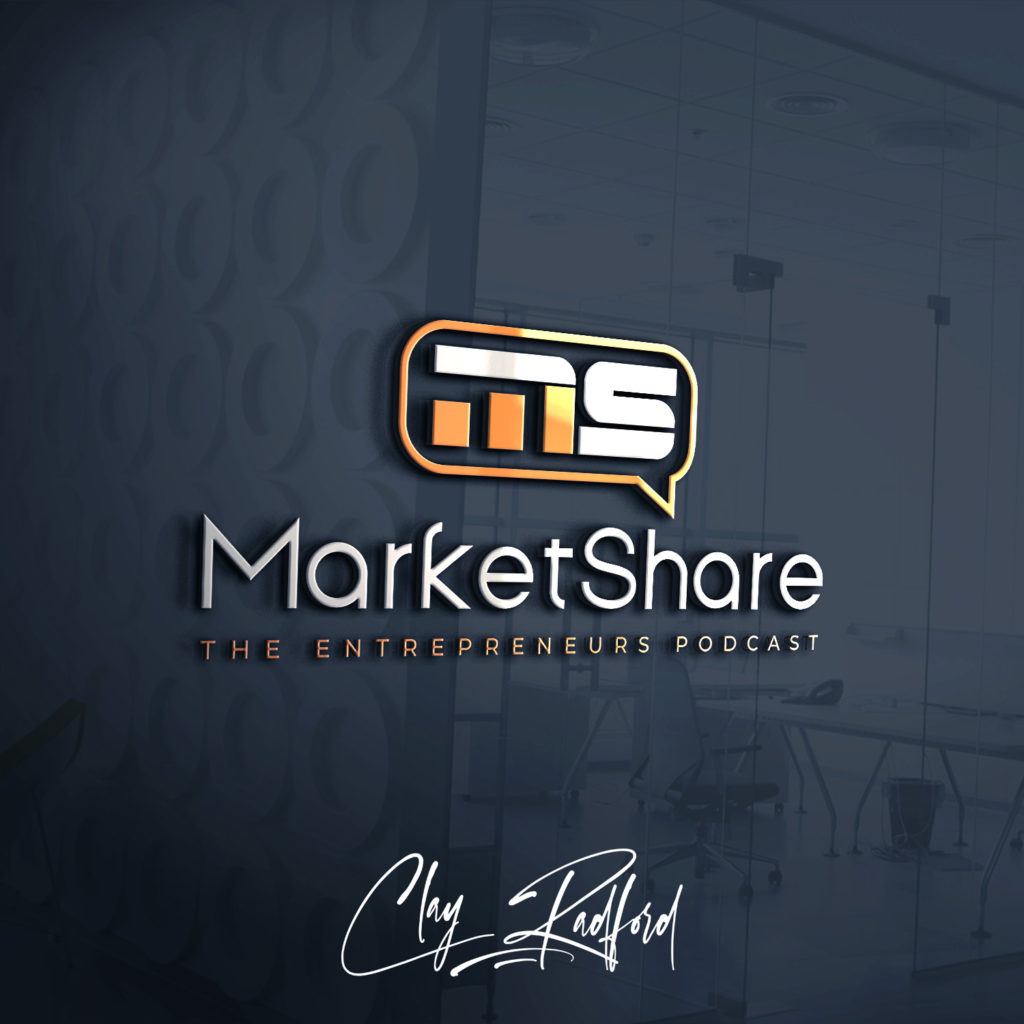Join Clay Rafford as he explores the essential elements of crafting a compelling radio ad that resonates with voters. Learn how to capture attention with a strong hook and convey your message effectively within a limited time frame. This episode is a must-listen for anyone involved in political campaigns looking to leverage the power of radio to build credibility, engage with communities, and ultimately, win votes.
SPEAKER 01 :
For 22 years, I've worked in the radio industry. I went from being a high schooler working part-time to now owning and managing the stations I started at. I work with hundreds of local businesses every month, helping them to build their brands and to reach new customers. On this show, I'm going to share with you how you can use radio to scale and grow your business. I'll also share my stories, trials, and tribulations of being a business owner. My name is Clay Rafford, and welcome to Market Share, the Entrepreneur's Podcast. Welcome to another edition of Market Share, the entrepreneur's podcast. Believe it or not, politicians and entrepreneurs actually have a lot in common. They're both trying to get the most attention for themselves or a product. A political campaign is basically a marketing campaign. Spread your name and become top of mind aware. Now, I won't get into policies or issues. I'm a marketing guy. I'll leave that stuff to the politicians. If you're in politics, listen up because today's episode is all about how you can create the most positive buzz for your candidacy. That's right. We're diving into a topic that has stood the test of time, the power of radio campaigns for political candidates. Whether you're running for a local office or aiming for a national seat, radio can be a game changer. Let's explore why. Radio has been a trusted medium for political communication for nearly a century, from Franklin D. Roosevelt's fireside chats to modern-day campaign ads. Radio has proven its effectiveness time and time again. But what makes radio a powerful tool for political candidates? Let's break it down. First and foremost, let's talk about reach. Radio is one of the most far-reaching mediums available. According to recent statistics, over 90% of Americans listen to the radio each week. That's an incredible number, and it includes a diverse audience spanning all demographics. Radio's reach is unparalleled because it's accessible to everyone. People listen to the radio in their cars, at work, and even at home. is a medium that fits seamlessly into their daily lives, making it an excellent way to reach voters where they are. Plus, local radio stations have loyal audiences who trust their content, which can be incredibly beneficial for building credibility and trust in a political campaign. Another significant advantage of radio is the personal touch it offers. Unlike digital ads that can feel impersonable, radio allows candidates to speak directly to the voters in a more intimate and engaging way. When a candidate's voice comes through the speakers, it creates a sense of connection. It's as if the candidate is having a one-on-one conversation with each listener. This can be particularly effective for sharing personal stories, outlining policy positions, and addressing voters' concerns. By partnering with local radio stations, candidates can tailor their message to specific communities, addressing local issues and concerns that matter most with those voters. Now let's briefly talk about the cost. Running a political campaign is expensive. And every dollar counts. Radio advertising is often more cost-effective than TV or digital ads, especially when targeting local markets. Radio ads can be produced quickly and at the fraction of a cost of TV ads. So how do you craft an effective radio ad? It all starts with a clear and compelling message. You have a limited amount of time, usually 30 to 60 seconds, to capture the listener's attention and convey your key points. The key is to be concise and impactful. Start with a strong hook to grab their attention, then clearly state who you are and what you stand for. Use relatable language and focus on the issues that matter most to your audience. And don't forget a strong call to action, whether it's visiting your website, attending an event, or simply remembering your name on election day. The key takeaway is that radio remains a powerful tool for political communication. When used effectively, it can help candidates reach a wide audience, build personal connections, and ultimately win votes. If you're considering a radio campaign for your next political run, we hope this episode has given you some valuable insights and inspiration. For more information, feel free to contact me directly by email at clay at radfordmediagroup.com. That's clay at radfordmediagroup.com. If you enjoyed today's episode, please remember to share it on social media and subscribe on Apple or Google Podcast. Thanks for tuning in to Market Share, the entrepreneur's podcast.


